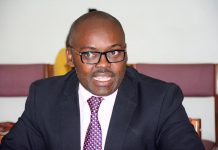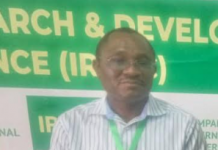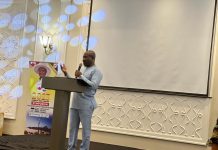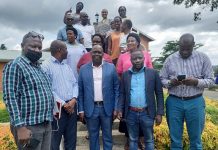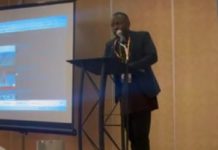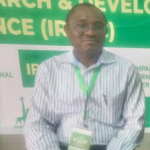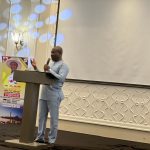The Electoral Commission (EC) has cleared Lt. Gen. (retd.) Henry Tumkunde to undertake consultations, underscoring solid terms the former spy chief has to observe as he progresses with his presidential ambitions.
In a March 4th letter signed off by EC Chairman Justice Simon Byabakama, Gen. Tumukunde is urged to understand the difference between consultations and campaigns.
“… we wish to point out that consultations ought to be distinguished from campaigns which take the form of distributing materials, campaigns, holding rallies and meetings and canvassing/soliciting for votes envisaged under Sections 21 and 24 of the Presidential Elections Act, 2005,” reads the letter in part.
“… consultation means an exchange of views in an attempt to reach a decision. Accordingly, the identified venue, mode and manner of the consultative meeting ought to facilitate the exchange of views between the aspirant and those being consulted.”
The EC also pointed the former military chief to Section 3 of the Presidential Elections Act, which among others, requires contenders to notify the relevant local council and the police of the area where one intends to go the consultations.
Justice Byabakama urged Lt. Gen. Tumukunde to “desist from holding rallies, campaigns and carrying out processions on public roads under the guise of conducting consultative mettings.”
The general has been clearly told to go and exchange views.
“Ordinarily, consultation means an exchange of views in an attempt to reach a decision.”
Tumukunde in his March 3r° letter said he wants to reach out to even security agencies and law enforcement officers among others.
“My consultations will extend to security agencies and law enforcement agencies, currently existing political groupings and/or political parties, the rural population especially farmers, urban dwellers,” said Tumukunde.
The general also wants to meet youth entrepreneurs, elders, public servants at both national and local government levels, regulatory government institutions, civil society organizations, religious leaders among others.




